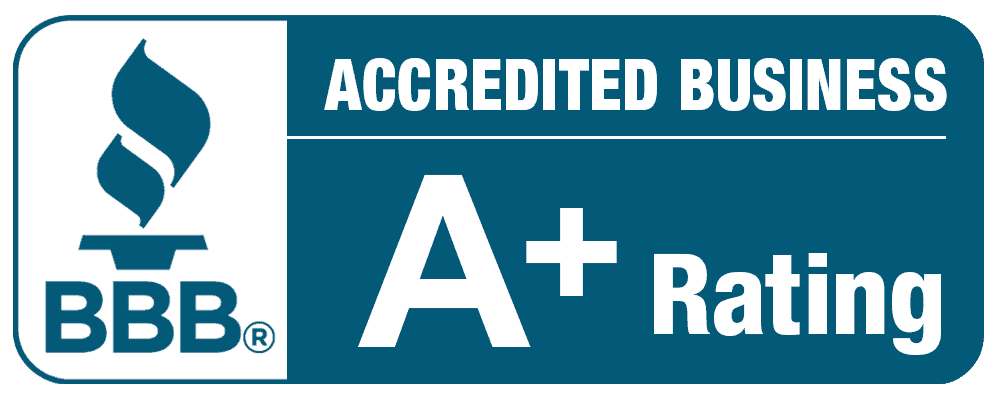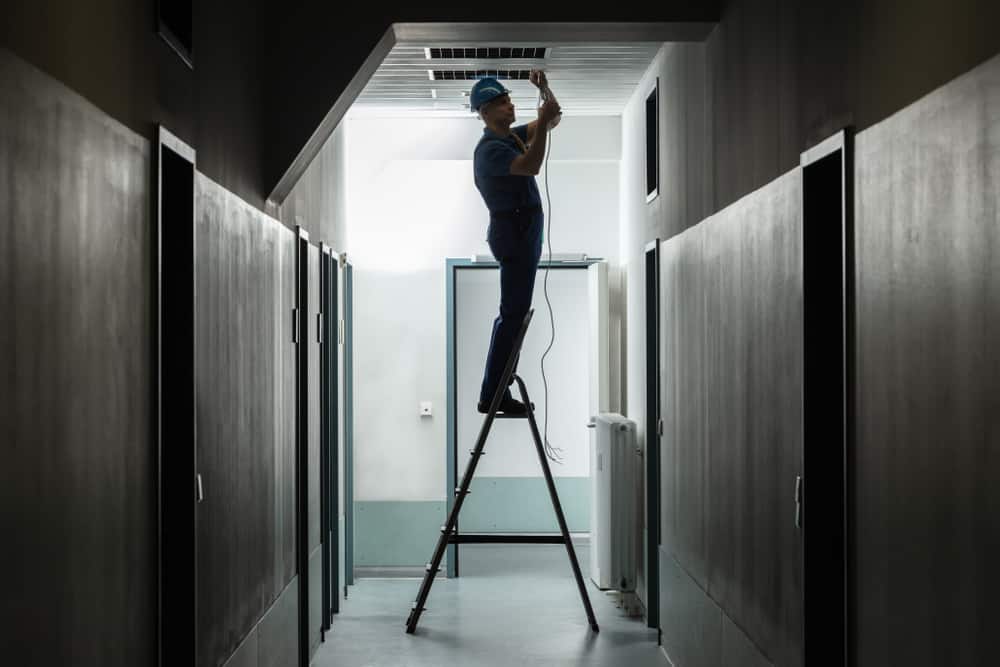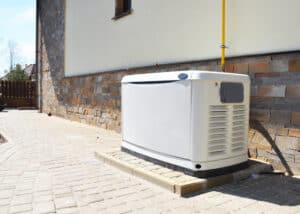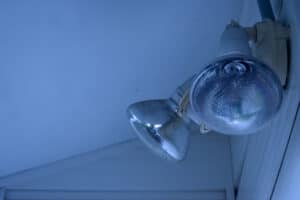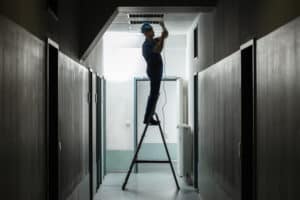The Benefits of Hiring a Professional Electrician for Commercial Building Maintenance
Maintaining a commercial building is a complex task that requires a great deal of expertise and knowledge. Hiring a professional electrician for commercial building maintenance is a wise decision that can provide numerous benefits.
First and foremost, a professional electrician is highly trained and experienced in the field of electrical systems. They understand the complexities of electrical systems and can identify potential problems before they become serious. This can save time and money by preventing costly repairs or replacements. Additionally, a professional electrician can provide advice on the best way to maintain the electrical system in order to ensure its longevity and efficiency.
Another benefit of hiring a professional electrician is that they can provide a comprehensive inspection of the electrical system. This inspection can identify any potential problems that may be present and can help to prevent future issues. Additionally, a professional electrician can provide advice on the best way to upgrade the electrical system in order to improve its efficiency and safety.
Finally, a professional electrician can provide emergency services in the event of an electrical emergency. This can be invaluable in the event of a power outage or other electrical issue. A professional electrician can quickly identify the problem and provide a solution in order to restore power and safety to the building.
In conclusion, hiring a professional electrician for commercial building maintenance is a wise decision that can provide numerous benefits. A professional electrician is highly trained and experienced in the field of electrical systems and can provide a comprehensive inspection of the electrical system. Additionally, they can provide advice on the best way to maintain and upgrade the electrical system in order to ensure its longevity and efficiency. Finally, a professional electrician can provide emergency services in the event of an electrical emergency.
Understanding the Electrical Requirements of Commercial Buildings: What Electricians Need to Know
Electricians play a vital role in the construction and maintenance of commercial buildings. As such, it is important for electricians to understand the electrical requirements of commercial buildings. This article will provide an overview of the electrical requirements of commercial buildings, including the types of wiring, the power requirements, and the safety considerations.
Types of Wiring
The type of wiring used in commercial buildings depends on the size and purpose of the building. Generally, commercial buildings require a higher voltage than residential buildings, and the wiring must be able to handle the increased load. The most common types of wiring used in commercial buildings are copper, aluminum, and steel. Copper is the most common type of wiring used in commercial buildings, as it is the most durable and reliable. Aluminum and steel are also used, but they are not as reliable as copper.
Power Requirements
The power requirements of commercial buildings vary depending on the size and purpose of the building. Generally, commercial buildings require more power than residential buildings. The power requirements of a commercial building are determined by the number of occupants, the type of equipment being used, and the size of the building. The power requirements must be sufficient to meet the needs of the building and its occupants.
Safety Considerations
Safety is a major concern when it comes to commercial buildings. All electrical wiring must be installed in accordance with local and national safety codes. This includes the use of proper grounding, the installation of circuit breakers, and the use of surge protectors. Additionally, all wiring must be inspected regularly to ensure that it is in good condition and that it meets safety standards.
In conclusion, electricians must understand the electrical requirements of commercial buildings in order to ensure the safety and efficiency of the building. This includes understanding the types of wiring, the power requirements, and the safety considerations. By understanding these requirements, electricians can ensure that commercial buildings are safe and efficient.
The Role of Electricians in Ensuring Safety and Compliance in Commercial Buildings
Electricians play a critical role in ensuring safety and compliance in commercial buildings. They are responsible for the installation, maintenance, and repair of electrical systems and components, including wiring, circuit breakers, and other electrical components. Electricians must adhere to strict safety standards and regulations to ensure the safety of building occupants and the integrity of the electrical system.
Electricians must be knowledgeable of the National Electrical Code (NEC) and local building codes. The NEC is a set of standards and regulations that govern the installation and maintenance of electrical systems. Electricians must be familiar with the NEC and local building codes to ensure that all electrical systems are installed and maintained in accordance with these standards.
Electricians must also be knowledgeable of the Occupational Safety and Health Administration (OSHA) regulations. OSHA regulations are designed to protect workers from potential hazards associated with electrical systems. Electricians must be familiar with OSHA regulations to ensure that all electrical systems are installed and maintained in a safe manner.
Electricians must also be knowledgeable of the National Fire Protection Association (NFPA) standards. NFPA standards are designed to protect building occupants from potential fire hazards associated with electrical systems. Electricians must be familiar with NFPA standards to ensure that all electrical systems are installed and maintained in a manner that minimizes the risk of fire.
In addition to their knowledge of safety standards and regulations, electricians must also be knowledgeable of the latest electrical technologies. Electricians must be familiar with the latest electrical technologies to ensure that all electrical systems are installed and maintained in a manner that is efficient and cost-effective.
Electricians play a critical role in ensuring safety and compliance in commercial buildings. They must be knowledgeable of safety standards and regulations, as well as the latest electrical technologies, to ensure that all electrical systems are installed and maintained in a safe and efficient manner.
